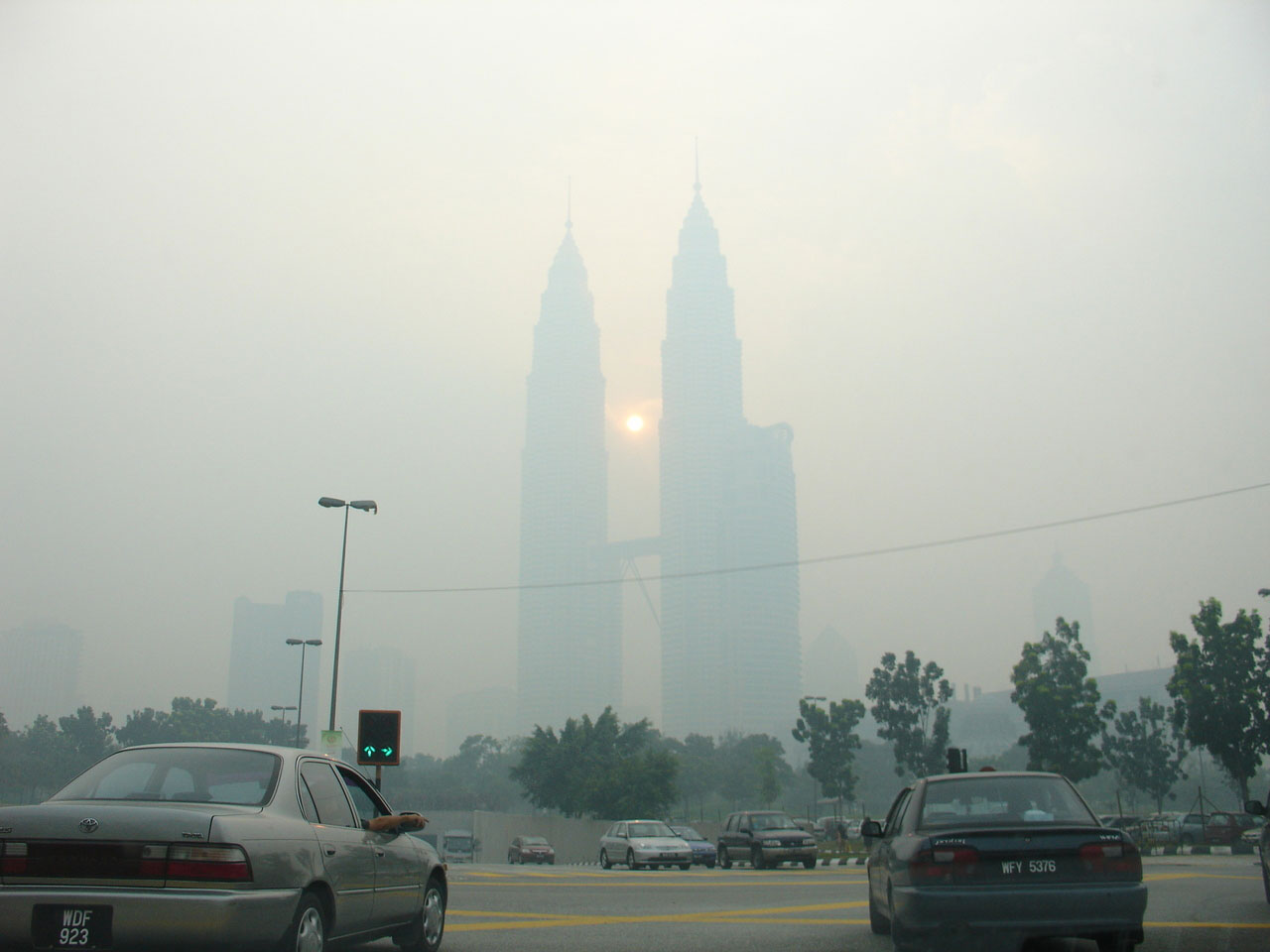Malaysians are facing a health crisis once again thanks to the reappearance of haze in the skies resulting in alarmingly high levels of air pollution.
The haze index in Malaysia is on a rise.
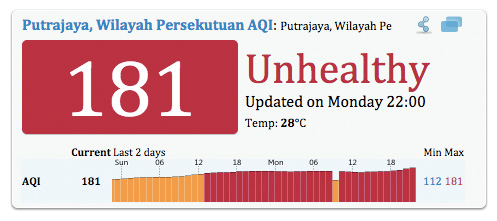
Haze has been a problem in Southeast Asia for a very long time now, and Malaysia is especially at risk because of its proximity to Indonesia where the pollution originates. The farming practice called ‘slash and burn’ coupled with the burning of carbon-loaded peat makes Indonesia the third largest emitter of greenhouse gases in the world. In fact, Malaysia experienced haze-related emergency situations in 1997 and again in 2005.
Effect of Haze on Health
The effect of haze on health is quite risky, especially if one has a sensitive constitution or has experienced prolonged exposure to the hazardous gases. The most common symptoms include irritation and inflammation of the eyes, nose and throat in addition to dizziness, stress and headaches.
People can also suffer from reduced lung function that often results in bronchitis. People who have reduced immunity and already suffer from heart or lung conditions and asthma will experience worsening health. Haze is also very dangerous for pregnant women and their unborn children.
How to Protect Yourself from the Haze
You can do the following to ensure that you protect yourself from the toxic haze.
1. Stay Indoors
Avoid going outdoors as much as possible. It’s best to stay indoors when the air outside is not fit for breathing. Only go out if it’s an absolute necessity.

2. Clean Air Conditioner Filters and User Air Purifier
If you need air conditioners, then make sure that you clean the filters out as often as necessary. Alternatively, you can also use air purifiers. An air purifier will also maintain high quality of air in your home.


3. Don’t Strain Yourself
Even if you do go out, make sure that you don’t do anything strenuous that requires you to inhale deeply. You can commute to work. But, by all means, don’t go for a jog or a game of tennis outdoors.

4. Wear a Mask
Invest in a respiratory mask such as the N95 mask, which can filter out airborne particles from the air you are about to inhale. Also, remember that a surgical mask will not be of much help in this situation. So, don’t compromise and buy a proper mask.
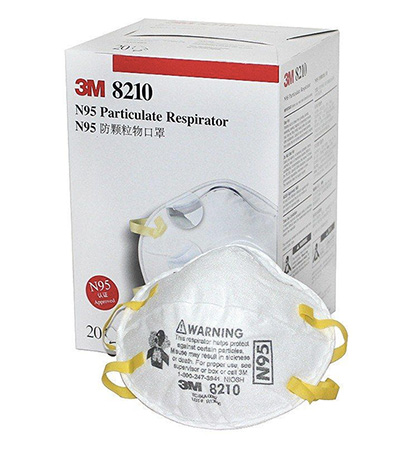
5. Stop Smoking
Quit smoking because there is already too much pollution in the air you are breathing. If you quit smoking, you can avoid any respiratory infection. Plus, smoking is injurious to health anyway.

6. Increase Water Intake
Increase your water intake as much as you can. This will help your kidneys flush away the toxins. It will also help you remain hydrated throughout the day.

7. Wash Your Hands and Face
Always remember to wash your hands and face as soon as you’re home. This will minimize any infections. You are bound to bring in particles on your skin and they will add to the pollution levels in your home, resulting in their ingestion.
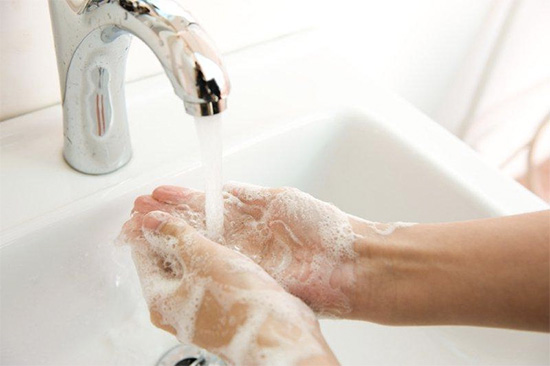
8. Consume Fresh Fruits and Vegetables
Increase your intake of immunity boosting foods such as fresh fruits and vegetables. Not only will these foods improve your immunity, but they will also strengthen your lungs. Make sure that you wash raw foods well before you consume them.

9. Visit a Doctor
Don’t overlook any symptoms. Visit a doctor as soon as you experience respiratory or other health issues. You’ll be surprised at how quickly health issues can escalate if you are constantly exposed to irritants in the air you breathe.

10. Always Follow Doctor’s Advise
Your doctor will advise you properly. Do not take their advise for granted. Always follow your doctor’s instructions regarding the use of eye drops, cough syrups or other medications to alleviate your symptoms.
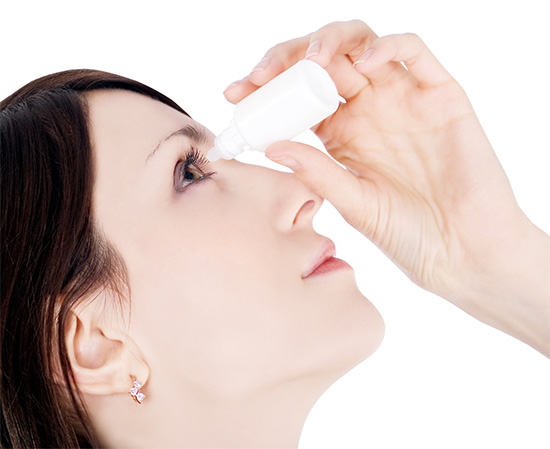
You’ll be able to take care of yourself by following the simple precautions listed above until the dangerous haze reappears next year.

